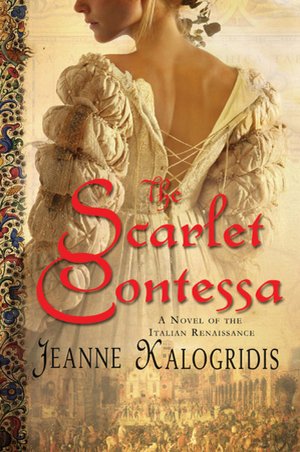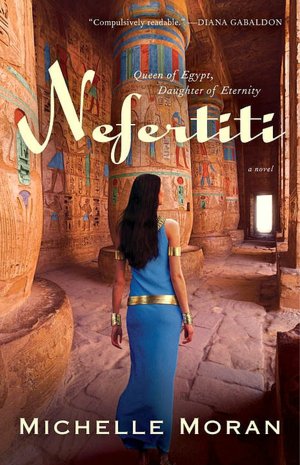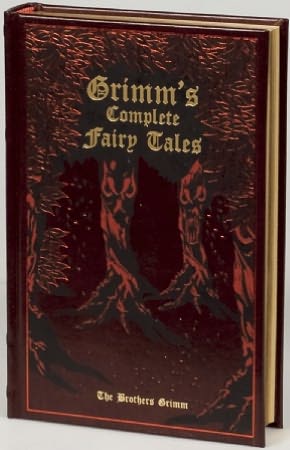 GENRE
GENRE
Adult Historical Fiction (454 pgs.)
SYNOPSIS
Daughter of the Duke of Milan and wife of the conniving Count Girolamo Riario, Caterina Sforza was the bravest warrior Renaissance Italy ever knew. She ruled her own lands, fought her own battles, and openly took lovers when she pleased.
Her remarkable story is told by her lady-in-waiting, Dea, a woman knowledgeable in reading the "triumph cards," the predecessor of modern-day tarot cards. As Dea tries to unravel the truth about her husband's murder, Caterina single-handedly holds off invaders who would steal her title and lands. However, Dea's reading of the cards reveals that Caterina cannot withstand a third and final invader--none other than Cesare Borgia, son of the corrupt Pope Alexander VI, who has an old score to settle with Caterina. Trapped inside the fortress at Ravaldino as Borgia's cannons pound the walls, Dea reviews Caterina's scandalous past and struggles to understand their joint destiny, while Caterina valiantly tries to fight off Borgia's unconquerable army.
MY REVIEW
I am completely obsessed with the Borgias. It's definitely official. I went through my Tudor phase when the Showtime series was still on, and now I'm completely devoted to the Borgias. After reading Jeanne Kalogridis' last novel on the famous Italian family, I knew I had to pick this one up.
I think the thing that most impressed me about this book was its main character, Caterina Sforza. Pardon my language, but she was definitely the bad ass of Renaissance Italy. I thoroughly enjoyed how Jeanne Kalogridis portrayed her, both as a powerful ruler and as a broken human being. It really brought a nice depth to the story.
The historical setting was very well done. It most definitely accounted for all of the scandals and intrigue surrounding that time period in Italy. Not only that, but all of the politics that went along with it. Caterina, at some times in the novel, wasn't even sure if she could trust her own family. I think as a woman, I most definitely wouldn't have wanted to live in a world like that.
Something I wasn't too fond of was the pacing of this novel. The beginning and end were very well written, but the middle felt like I was reading a history book. Basically the middle of the novel consisted of the narrator, Dea, recounting what was going on, with a few genuine plot points happening in between. Sure, those historical events went on to affect Caterina, but I think it could have been written better. Like I said, it felt like all of a sudden someone had taken a few pages of a very well-written history book and stuck them in the middle.
The other thing I had a slight problem with was this whole neo-Christian mysticism that Jeanne Kalogridis added to the book. It was really only effective in the beginning and the end, and was very much forgotten about in the middle. And when it was effective, I didn't much care for it, but that's my personal taste. But to tell the truth, a lot was forgotten about in the middle. It was kind of like Purgatory for a bit there, just emptiness.
There were some plot decisions made that I didn't agree with as well. For example, when turmoil finds Caterina in her land of Forlí (I won't elaborate for the sake of spoilers), the narrator Dea's husband, the scribe Luca, decides to up and leave his love. Here's his quote:
'"I only know," he said, "that I am needed elsewhere. Just where, I do not yet know. But my heart leads me"' (364).
I thought that was a bit of a cop-out on his part. It was just little things like this that really took away from the story for me.
All in all, I think the negatives outweighed the positives in this book, but not by much. I definitely think that Jeanne Kalogridis' other novel, The Borgia Bride, was much better, and is a better read for those who are just getting into the Borgias.
MY RATING
3.5***/*
Appropriateness Factors
There are a handful of bedroom scenes, some more explicitly described than others, so proceed with caution.










